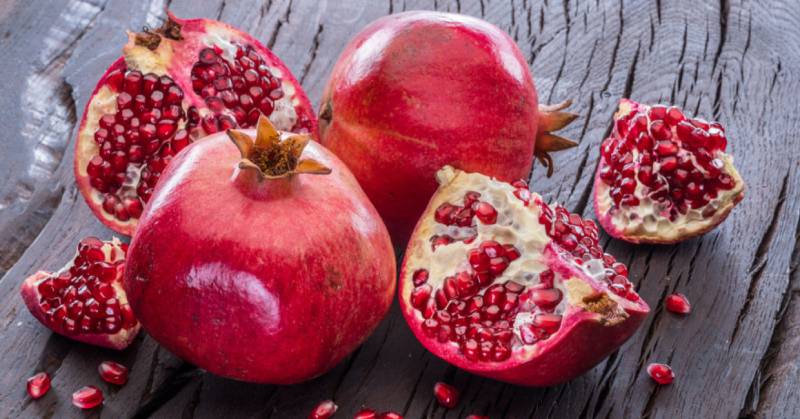Grapes, those small, spherical or oval clusters of berries that flourish on vines, exhibit a delightful spectrum of colors, from green and red to purple and black. Beyond their deliciousness, grapes are endowed with an array of nutrients and health benefits that make them an excellent choice for your diet.
Here, we unveil the 10 health advantages of including grapes in your meals:
- Abundant in Antioxidants: Grapes boast a wealth of antioxidants, serving as defenders of our cells against free radicals’ harm. This proactive role aids in detoxifying the body and safeguarding it from damage.
- Heart Health: The antioxidants found in grapes have been associated with a decreased risk of cardiovascular diseases. They contribute to robust blood vessel function and the reduction of inflammation, promoting heart health.
- Cancer Prevention: Grapes harbor compounds like resveratrol and quercetin, which have demonstrated anti-cancer attributes and may impede tumor growth. The additional antioxidants in grapes further bolster this protective quality.
- Digestive Well-being: Grapes are an excellent source of dietary fiber, bolstering digestion and averting constipation, thus fostering a healthy digestive system. Incorporating grapes and other fiber-rich fruits into your diet can enhance digestive functions.
- Supports the Immune System: Abounding in vitamins C and K, grapes play a pivotal role in bolstering the immune system and fortifying it against potential illnesses. This renders grapes a valuable addition to your diet during changes in weather.
- Eye Protection: Grapes carry various antioxidants, such as lutein and zeaxanthin, which may provide protection against age-related macular degeneration and other ocular maladies.
- Cognitive Health: Resveratrol, a component found in grapes, has displayed the ability to shield brain cells from harm and boost cognitive functioning, potentially reducing the risk of neurodegenerative diseases, such as Alzheimer’s.
- Blood Sugar Regulation: Grapes exhibit a low glycemic index, ensuring minimal influence on blood sugar levels. This renders them an appropriate choice for individuals with diabetes or those managing blood sugar.
- Hydration Support: With their high water content, grapes are a hydrating snack that can help maintain adequate body hydration. Incorporating grapes and similar fruits into your diet provides a delightful means of increasing your water intake.
- Bone Health: Grapes offer essential minerals like calcium, magnesium, and potassium, which play a pivotal role in sustaining robust bones and potentially diminishing the risk of osteoporosis. They substantially contribute to overall bone health.
Enjoying grapes is easy; you can consume them as is, skin and seeds included, or separate the grapes from the stem to include in cooking, baking, or juicing. Drying grapes creates raisins, and fermentation yields wine. The choice of how to savor grapes depends on personal preference and your culinary endeavors.
Disclaimer: The views, suggestions, and opinions expressed here are the sole responsibility of the experts. No Sandiego Currents journalist was involved in the writing and production of this article.


